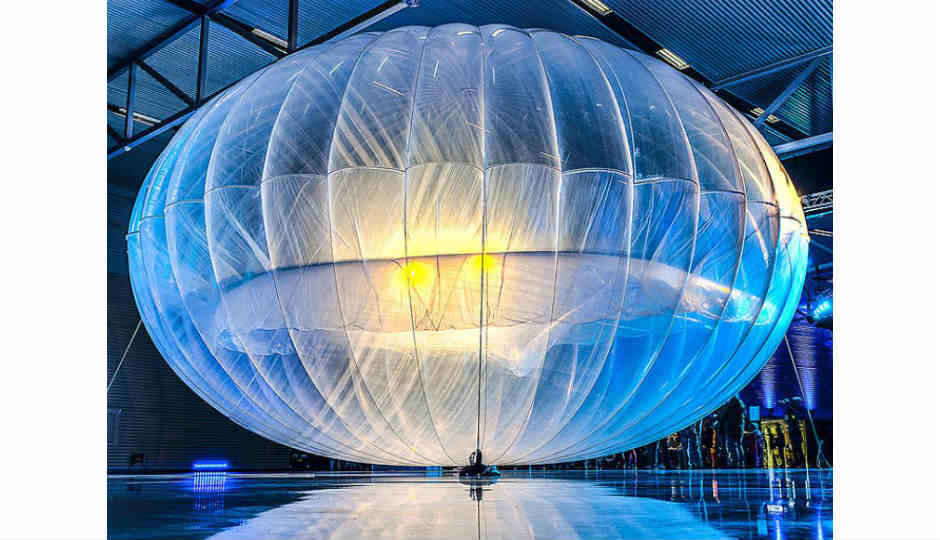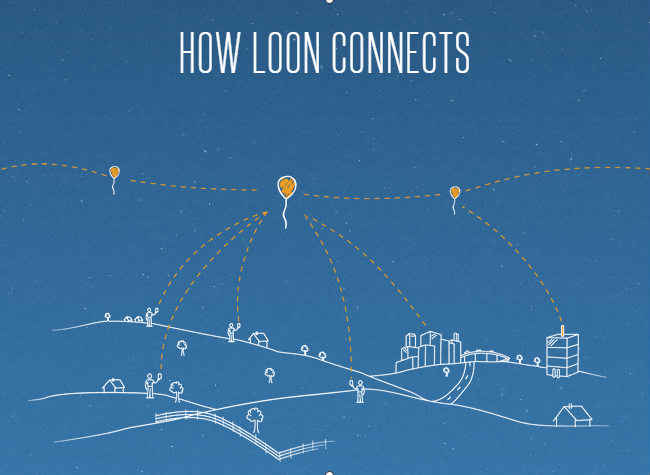Acquila and Loon: How Google and Facebook want to bring everyone online
Only one in two people around the world is connected to the internet. Google and Facebook plan on changing that.

We keep saying that everybody is on the Internet, but how true is that? Lets take India for instance. While we may be famous for IT, we know that internet connectivity is pretty limited in some parts of the country. In some of the more remote areas, you’ll be lucky to get electricity, let alone Internet connectivity.
 Survey
SurveyOk, we're about to bore you a bit with some statistics, but bear with me. In a survey done by the International Telecommunication Union, out of the 7.2 billion people in the world today, only about 40% have access to the Internet. Out of those 40%, a vast majority are from the developed nations. That means that more than half the population of the world doesn’t have access to the internet!
Bridging this digital divide is the next step in connecting the whole world. However, traditional methods of getting internet in those regions is just not feasible. So, leave it to to Google and Facebook to come up with a unique solution to the problem. Instead of laying down miles of fiber optic cables, both these Internet giants have looked up to the heavens for answers, almost literally.
Google’s Project Loon and Facebook’s Aquila drone plan to launch aircraft high into the atmosphere and beam down signals to the people living in remote areas, finally letting them join the information superhighway. However, that’s where the similarities end as both have very different plans on how to go about with this.
Project Loon
Google’s effort will involve the launch of high altitude balloons way up into the stratosphere, almost 20 km above the surface of the earth. The balloons will travel around the globe using the wind at that altitude. The necessary electronics will hang below the balloon in a protected box and will be powered by solar panels that are attached to the box. The balloons will then provide connectivity to an area roughly 40 km in diameter using LTE technology. Google is planning to partner with telecommunication companies to supply these areas with LTE enabled devices such as smartphones. Information is then passed from balloon to balloon till finally it reaches a land-based station that is connected to an ISP. Each balloon will have a lifespan of about 100 days after which they will safely descend back to earth and a replacement balloon will be launched. Check this out for more information about Project Loon.
Aquila
Facebook has an even more radical approach to providing internet. Instead of using balloons, it will use solar powered fixed-wing aircraft. The aircraft in question looks like a giant flying boomerang, and we're not kidding about the ‘giant’ part. The Aquila has a wingspan of a Boeing 737, but will weigh less than an average car. Being lightweight is extremely important as this propeller driven aircraft will be powered using solar panels and is expected to stay airborne for about 3 months. if you are worried about air traffic, then don’t worry. The Aquila will fly at an altitude of 60,000 to 90,000 feet, well above the cruising altitude of commercial airliners. The Aquila will use lasers to send signals. Facebook claims that the Aquila will be able to send data at 10 gigabits per second and have a range of 10 miles. It will also be able to connect to “a point the size of a dime.”
The main aim of both these projects is to make information available to as many people as possible. Farmers will know more about different farming techniques, which may improve their crop yields. A single teacher will be able to reach out to thousands of students, hereby improving literacy rates. People living miles away from a hospital will be able to get a diagnosis from doctors. Teenagers will be able to connect with each other through social media. Bored housewives will be able to share funny cat videos. And more people around the globe will get to read articles like this on Digit!!
